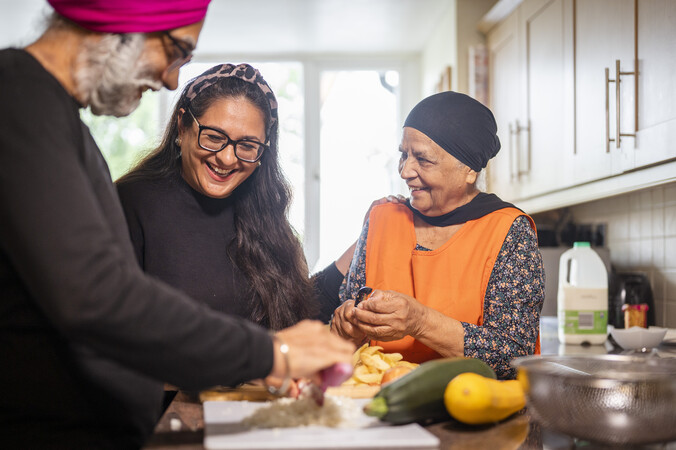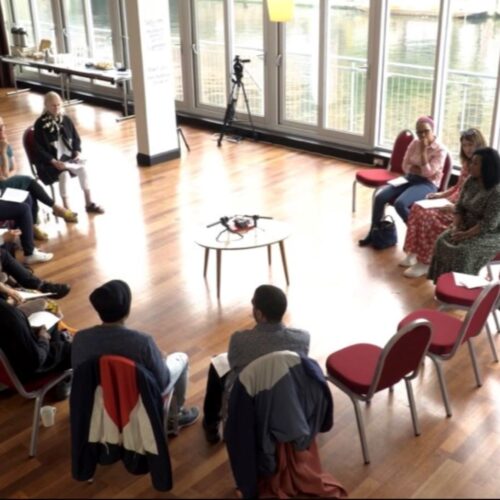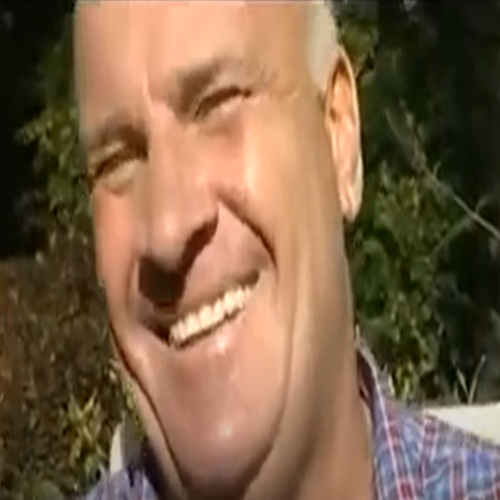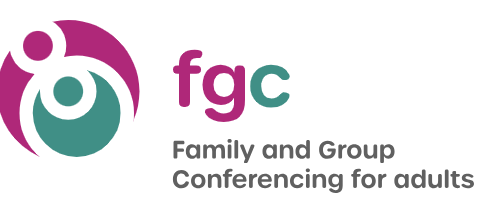This is a warm and open invitation to join us for this celebration event marking the culmination of a three-year research project led by University of Birmingham.
The research makes a considerable contribution to our understanding of the impact of Family and Group Conferencing for Adults in areas of:
• Person-centred care planning
• Mental health recovery
• Support for informal networks including family carers
• Upholding Care Act 2014 principles including wellbeing, prevention and empowerment.
Sarah McClinton (Chief Social Worker for Adults and Mental Health) will chair the event with contributions from academia and practice including:
• Presentations on research findings demonstrating outcomes, impact and costings
• Innovative use of the approach within hospital discharge
• How the approach is bringing neighbourhood health and wellbeing to life
• Resources and opportunities to apply research findings and support the wider adoption of the model.
The event is free to attend and lunch is included, please ensure you book your place to enable us to manage numbers.
Hosted by Community Catalysts CIC with University of Birmingham and London Borough of Camden Council.










